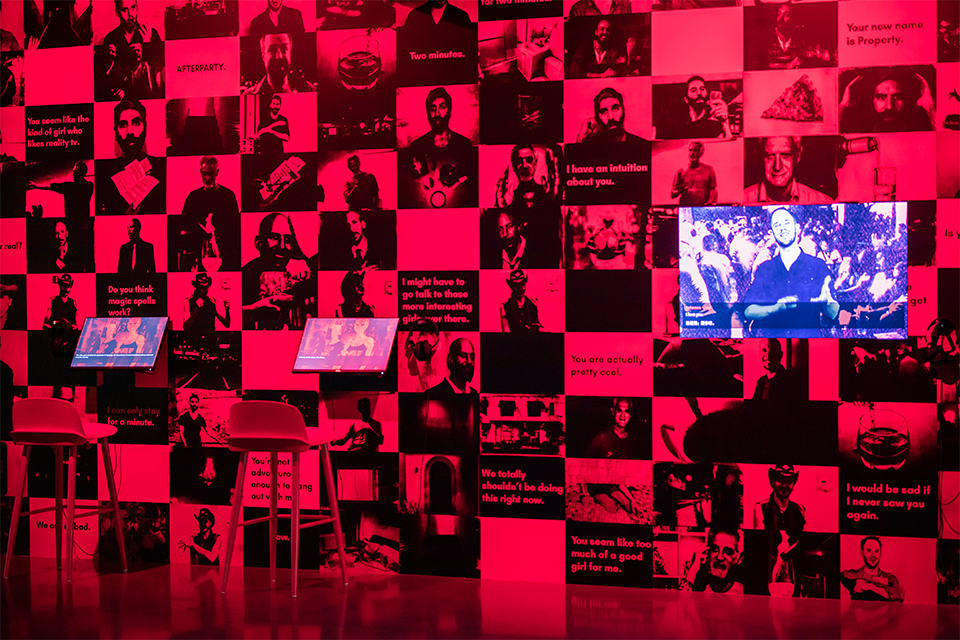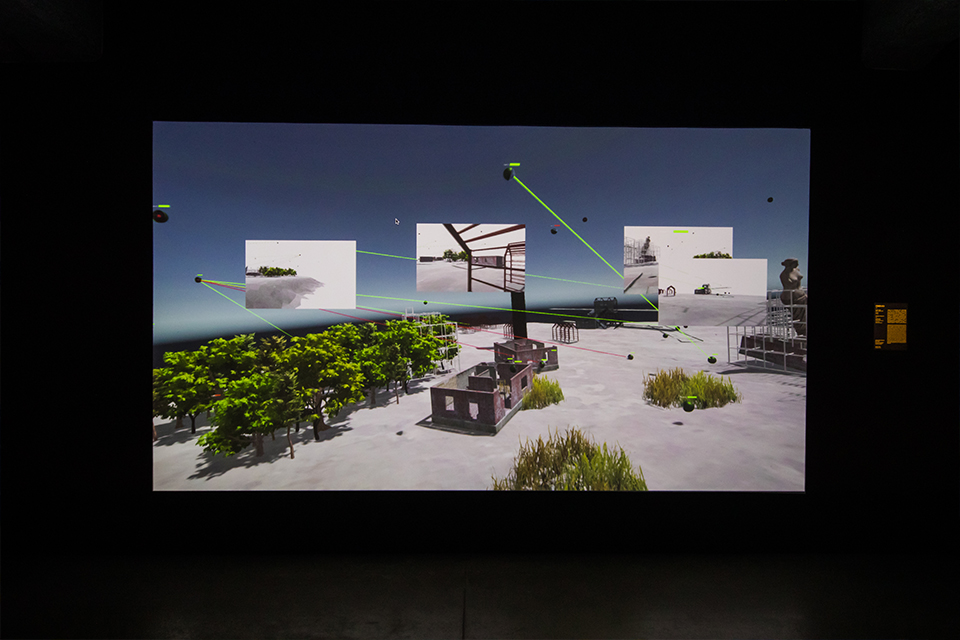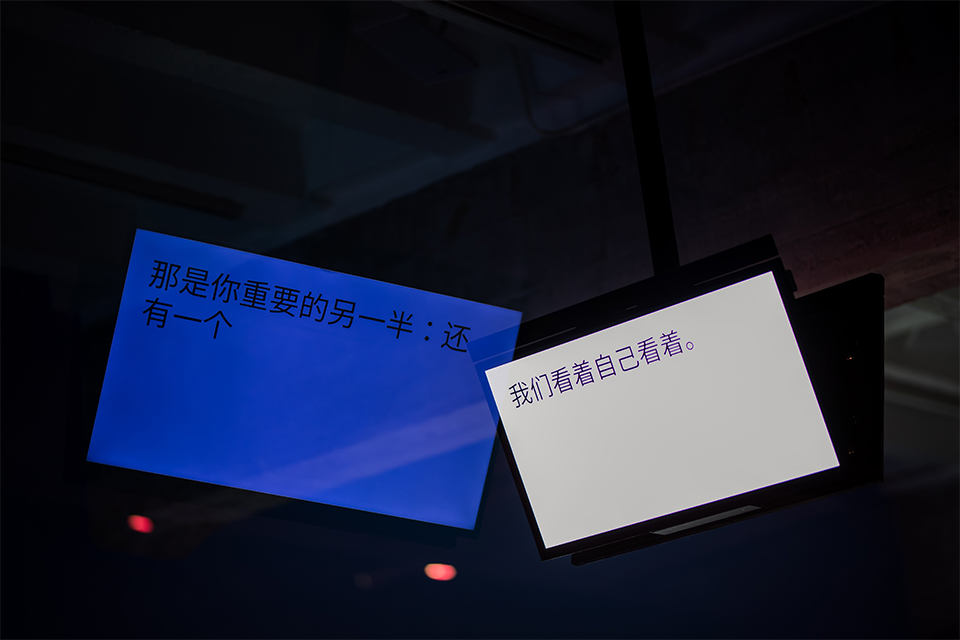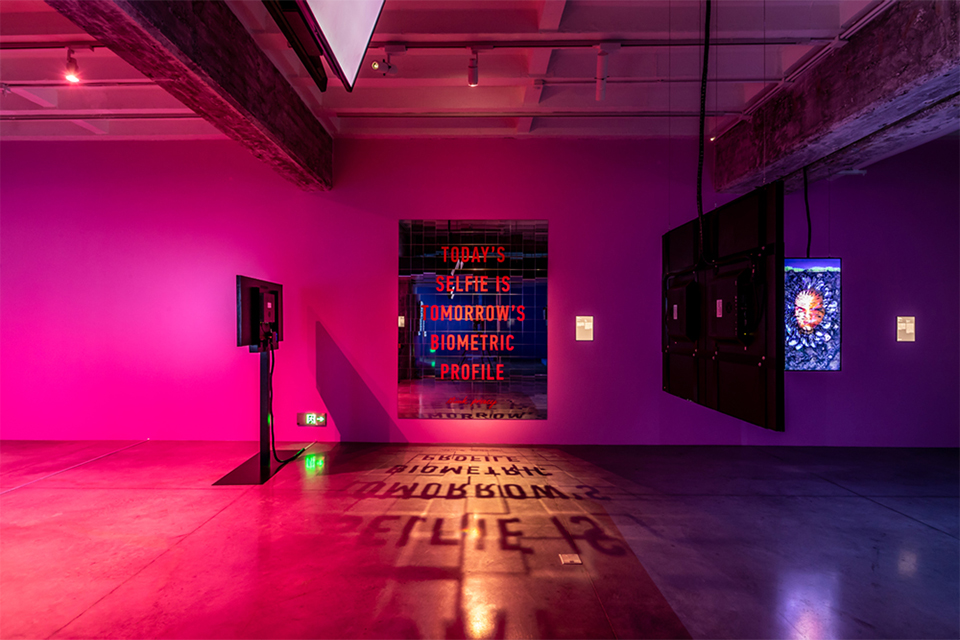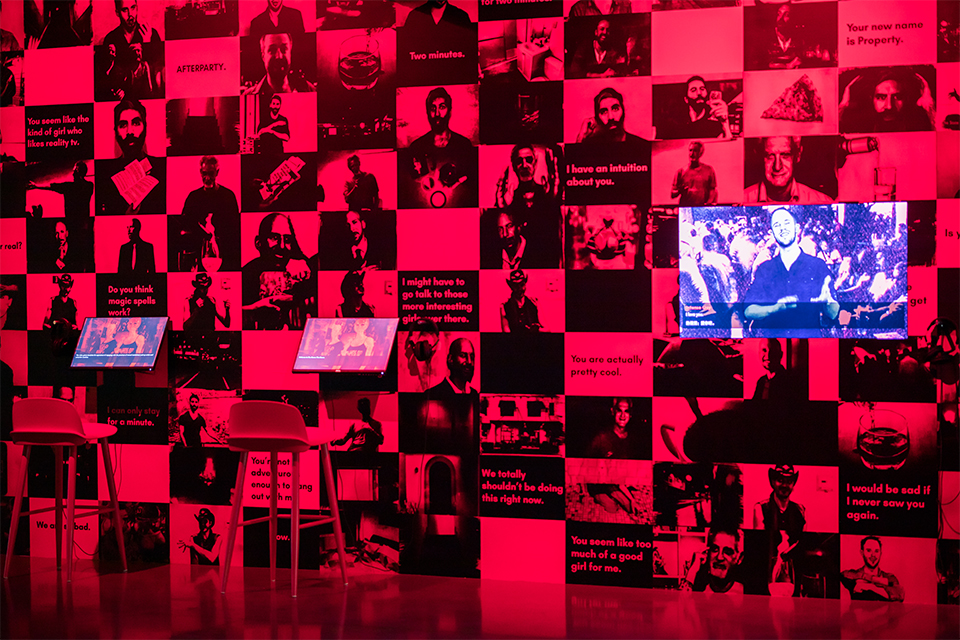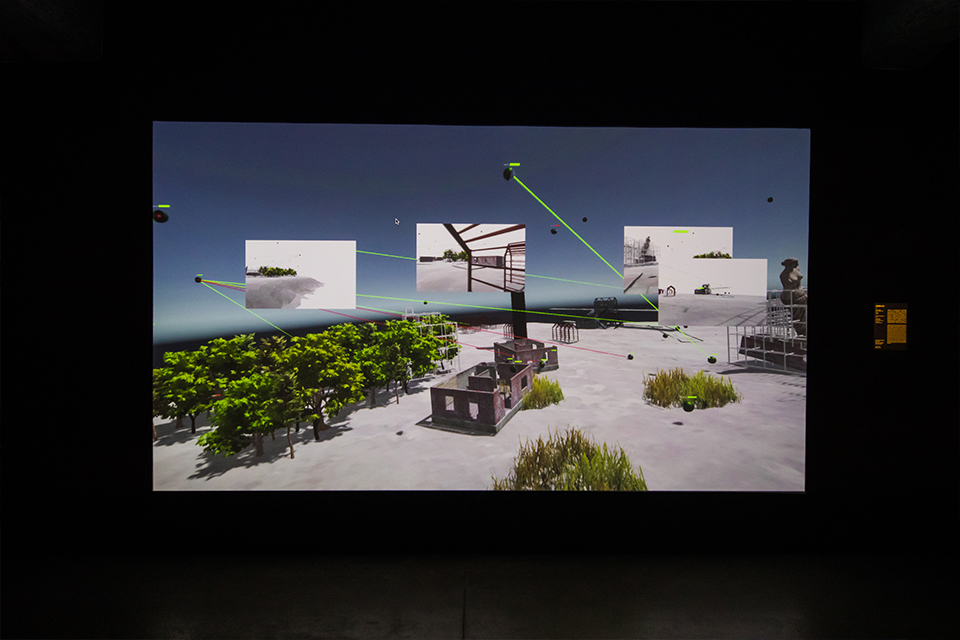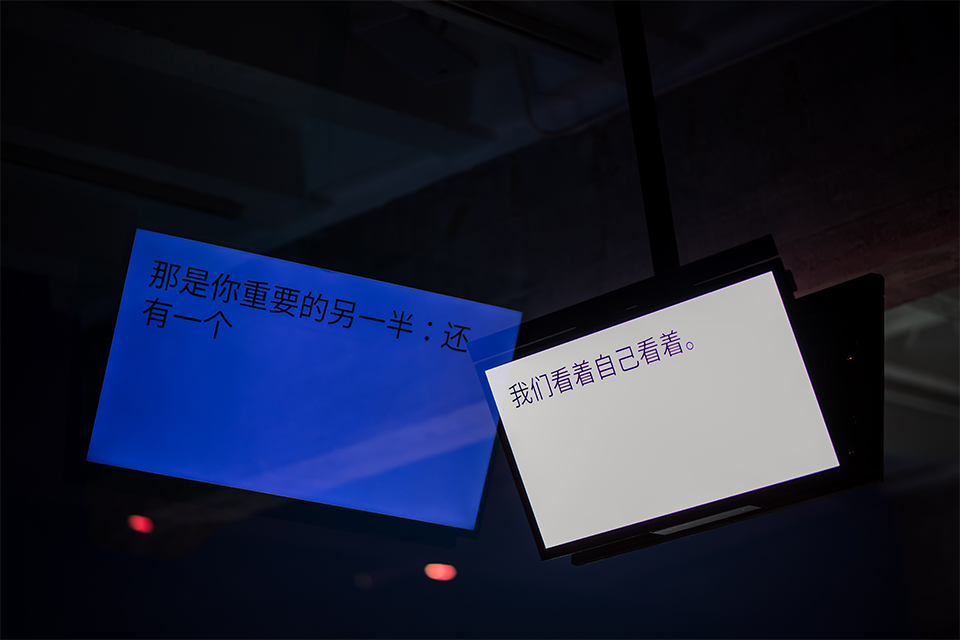Hyundai Blue Prize2020
Social Intelligence
"Social Intelligence" is the emerging science of human relationships. It is a new practical science rooted in the development of human relationships, science and art in our society. Its ability to discover social issues, predict, and cope with a complicated social revolution plays a key role in the future. Will social intelligence becomes a decisive component of human attributes in the future? As the inspiration for this event, combined with Hyundai's idea of Creative Energy, the new theme is intended to inspire and seek the shared vision and mission of human beings, technology, culture and ourselves.
Winner
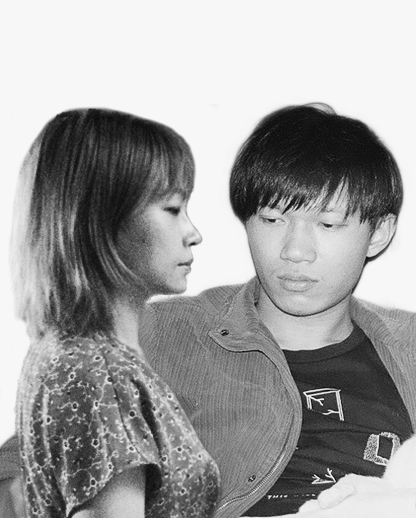
Chen Min & Zhang Yehong
"Play societies: wolves, lynx, and ants is a narrative exhibition project with three allegories: Steppenwolf on the Info Superhighway, The Lynx Refuge Island and The Ants Arcade. Using these three animals as prototypes of human society in different stages of development in media technology, it reveals the contradiction between network society and individual situations. The exhibition would like to explore what is true social intelligence and whether there is a pan - intelligence that combines human intelligence, animal intelligence and artificial intelligence?
By using play as an action and medium, the first and second part of the exhibition traces the myths of technology since the era of Info Superhighway. Then it examines the impact of information technology on the relationship between network society and individuals in the era of Social Media. In the last part of exhibition, the artist will reflect on the play scene - by revising the game rules, using alternative and sharing technologies, intervening everyday life and working spaces with group consciousness and collaboration, which in turn set off the conversation intended by this exhibition.

Jenny CHEN Jiaying
AI is a pun. It is the pronunciation of love in Chinese pinyin, and at the same time, stands for Artificial Intelligence in English. The two alphabets express the exhibition`s focus, which is to present the love that this generation has acquired in the age of social networking. The exhibition discusses the emotional decisions under the influence of algorithms, love affairs in the online environment, and the physical intimacies in long - distance relationships (Eros); It also resonates the sympathies woven by big data, which gathers people with similar ideologies and excludes those who disagree (Philia).
The exhibition is designed as a dichotomous structure. Inspired by the typical swipe right to like, swipe left to dislike mechanism, it starts with a virtual online dating app that leads the audience to two different spaces. It is a metaphor for our manipulated emotions and speaks about romantic online relationships through an intertextual narrative. These romantic relationships have been perceived as natural; interactions without being in the same physical space, groundless affection, and even remote performances of sexual desire. For millennials, the internet provides more freedom for expressing their instinctual egos while the physical world and people seem to be distant. These subtle emotions connect to our inner-selves are spread across the fiber optic network ubiquitously, raising the question that if our connection to the virtual domain means the detachment to the real world. Simultaneously, the layout of the exhibition is a spatial representation of our online behavior, meaning that every time one chooses to like or dislike, click or unclick, the algorithm generates the user` s data packet and direct the online route through the privacy permissions. We have literally no authentic choice among the numerous options. By collaborative filtering and autocomplete function (e.g. Recommended for you on Amazon, Who to Follow on Twitter, and Topic you might like on Quora), network science follows its default logic: Birds of a feather flock together. It generates social bubbles, which leads to discourse polarization, the proliferation of identity politics, and deeper divisions of our cultural and political landscape.
Finalists
-
Jenny CHEN Jiaying
-
Li Boyan
-
Wang Dongdong
-
Tang Yuzhen
-
Fu Liaoliao
-
Chen Min & Zhang Yehong
Junior Juries
-
Fei Jun
-
He Guiyan
-
Jiang Jun
-
Liu Chunfeng
-
Sheng Wei
-
Wang Chunchen
-
Wu Hongliang
-
Mia Yu
Senior Juries
-
Karen Smith
-
Qiu Zhijie
-
Martin honzik
-
Joel Ferre
-
Gao Minglu
-
Stephanie Rosenthal
Play societies: wolves, lynx and ants 2020.06.16 ~ 2020.08.16
Play societies: wolves, lynx and ants
AI: Love and Artificial Intelligence 2020.09.30 ~ 2021.01.03
AI: Love and Artificial Intelligence
The exhibition is designed as a dichotomous structure. Inspired by the typical "swipe right to like, swipe left to dislike" mechanism, it starts with a virtual online dating app that leads the audience to two different spaces. It is a metaphor for our manipulated emotions and speaks about romantic online relationships through an intertextual narrative. These romantic relationships have been perceived as "natural" interactions without being in the same physical space, groundless affection, and even remote performances of sexual desire. For millennials, the internet provides more freedom for expressing their instinctual egos while the physical world and people seem to be distant. It is a metaphor for our manipulated emotions and speaks about romantic online relationships through an intertextual narrative. AI is a pun. It is the pronunciation of "love" in Chinese pinyin, and at the same time, stands for "Artificial Intelligence" in English. The two alphabets express the exhibition's focus, which is to present the love that this generation has acquired in the age of social networking. The exhibition discusses the emotional decisions under the influence of algorithms, love affairs in the online environment, and the physical intimacies in long-distance relationships (Eros); It also resonates the sympathies woven by big data, which gathers people with similar ideologies and excludes those who disagree (Philia).
